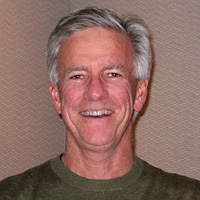The hybrid, a car that combines internal combustion with electrical generation, has become very popular, particularly here in the Bay Area. But the idea that dual sources can produce better outcomes also explains a great deal about our attitudes towards government.
Consider education. After all, our children are the best indicators of our willingness to do something extra. In our poorest neighborhoods you see parents escorting their kids to and from school since they can no longer be assured of their children's safety. They are providing the one thing they can -- their time. In more prosperous neighborhoods parents present an expanded menu of enhancements; a better computer, tutoring or enrichment classes. So it goes until you reach the income brackets where families can afford to remove their children entirely from the public system and enroll in private school.
Even though you may not drive one, you likely are using a hybrid for your children's education, your health care, the protection of your person and property, even for your recreation. This is, to an extent, as things should be. The right balance exists somewhere between total dependence on government and the anarchy of everyone fending for themselves.
But there is a tension here as well. The things we do for ourselves will always loom larger in our estimation than what others provide to us. And as our individual contributions increase we identify less and less with that older, messier way of doing things. A feeling of superiority can slip in as well: after all, you are no longer somebody who merely complains about a problem, you are doing something about it.
But in the political arena this detachment can express itself as an unwillingness to provide funding for public services, and thus a vicious cycle sets in: the quality of those service declines further leading more people to provide their own supplements, creating even more alienation from government. Sadly and ultimately, this undermines the very principle that makes a hybrid work: the notion that two systems are working in tandem, and not in opposition to each other.
